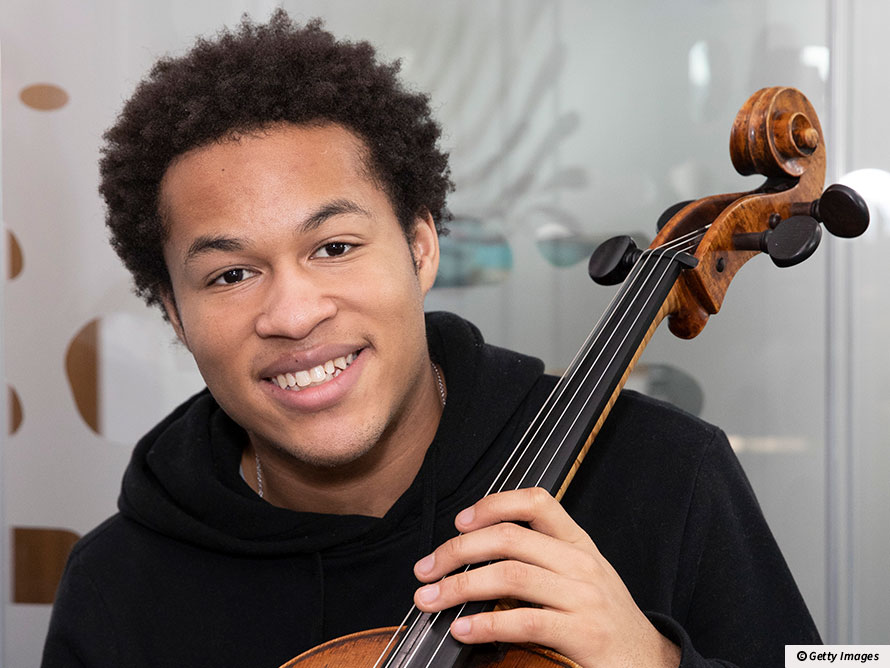Should traditions be preserved? Once again critics are calling for an overhaul of the “traditional” programme for the Last Night of the Proms. But what are traditions anyway?
‘Swap Rule Britannia for British folk music!’
 Maestro: Cellist Sheku Kanneh-Mason won the 2016 BBC Young Musician award.
Maestro: Cellist Sheku Kanneh-Mason won the 2016 BBC Young Musician award. Glossary
Dirges - A mournful song, or one which is considered to be slow and boring.
Colonialism - This refers not only to the material realities of colonial rule, but also to the mindset of the colonising powers and their ways of justifying empire. Most Europeans believed that empire was a moral good, because it imparted 'civilisation' to 'primitive' cultures and so helped them to develop.
Judo - A modern Japanese martial art.
Martial arts - Sports that emerged as a form of fighting or defending yourself, often in Japan, China or Korea.
French Revolution - The overthrow (and subsequent execution) of France’s king and aristocratic government in 1789. The revolution became infamous and influential worldwide.
Aristocrats - Members of the highest social class, who are often rulers or people with inherited titles.
Edmund Burke - Irish statesman, economist and philosopher. Often regarded as the founder of modern British conservatism.
Imperial - Relating to an empire.
Descendants - People who are all descended from a certain ancestor or group. E.g. your children and grandchildren would be your descendants.
